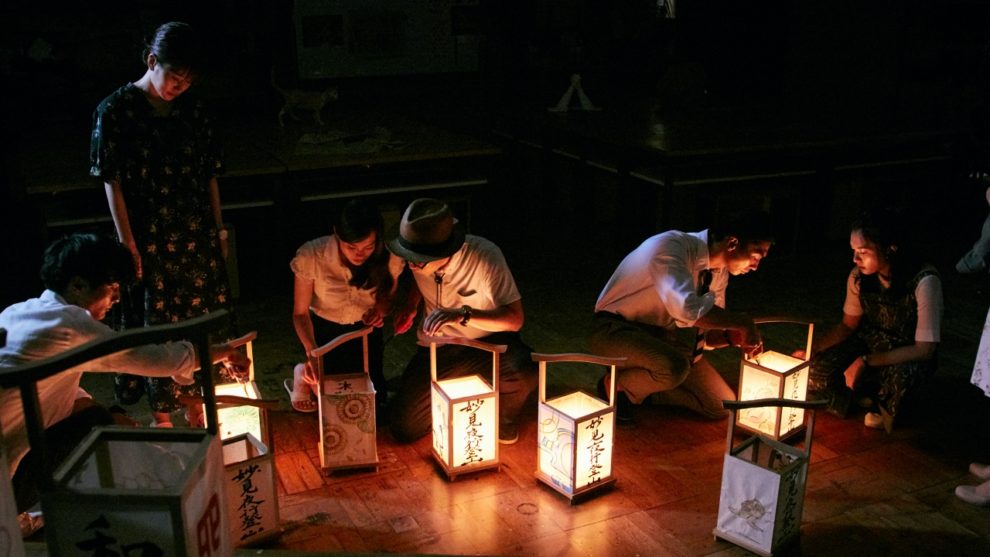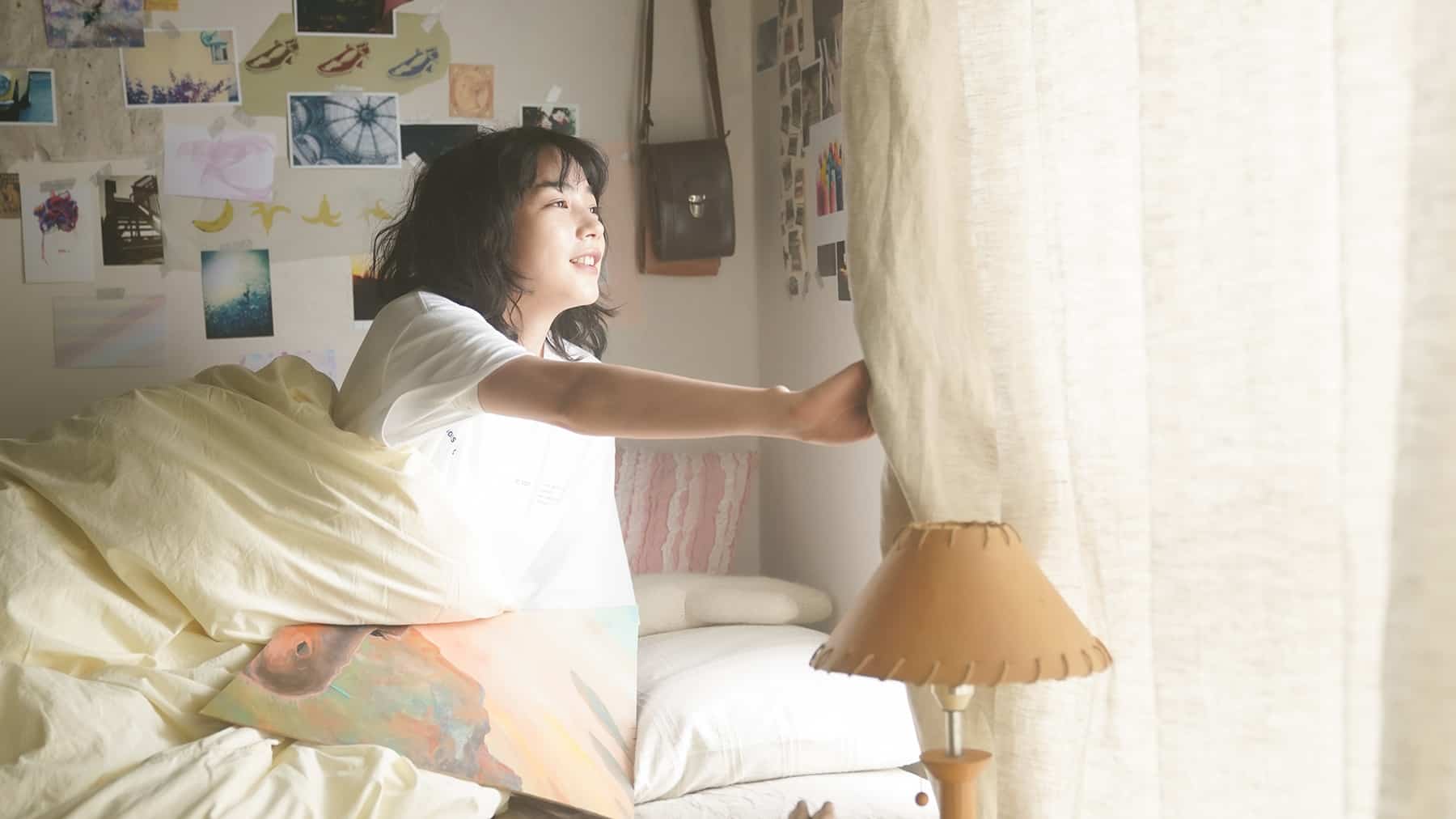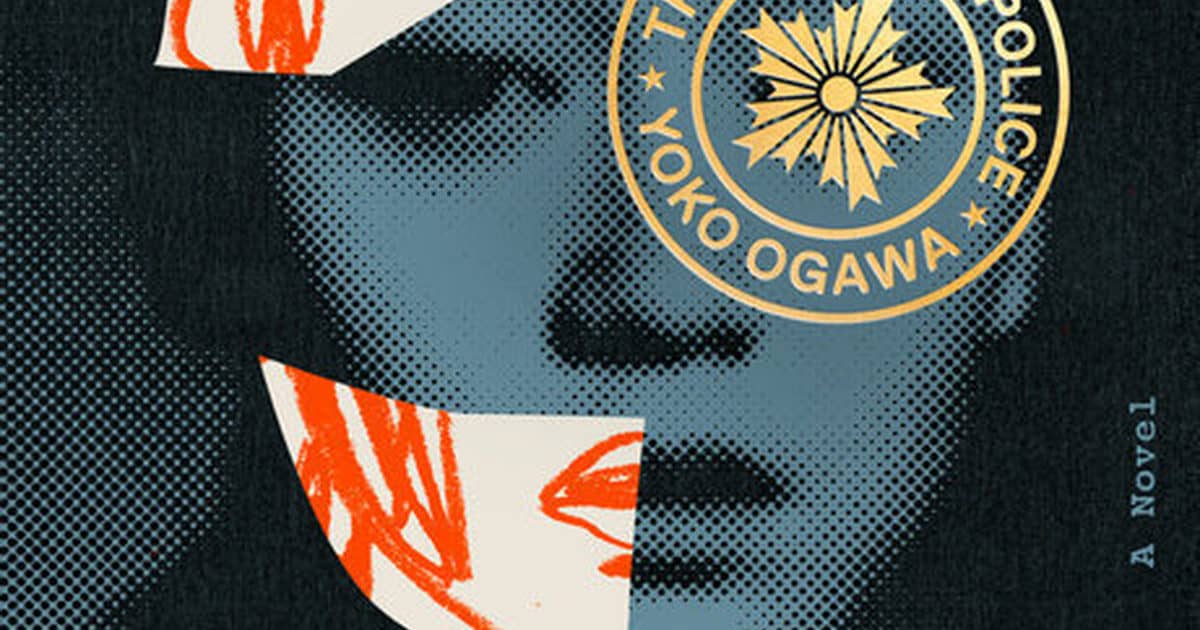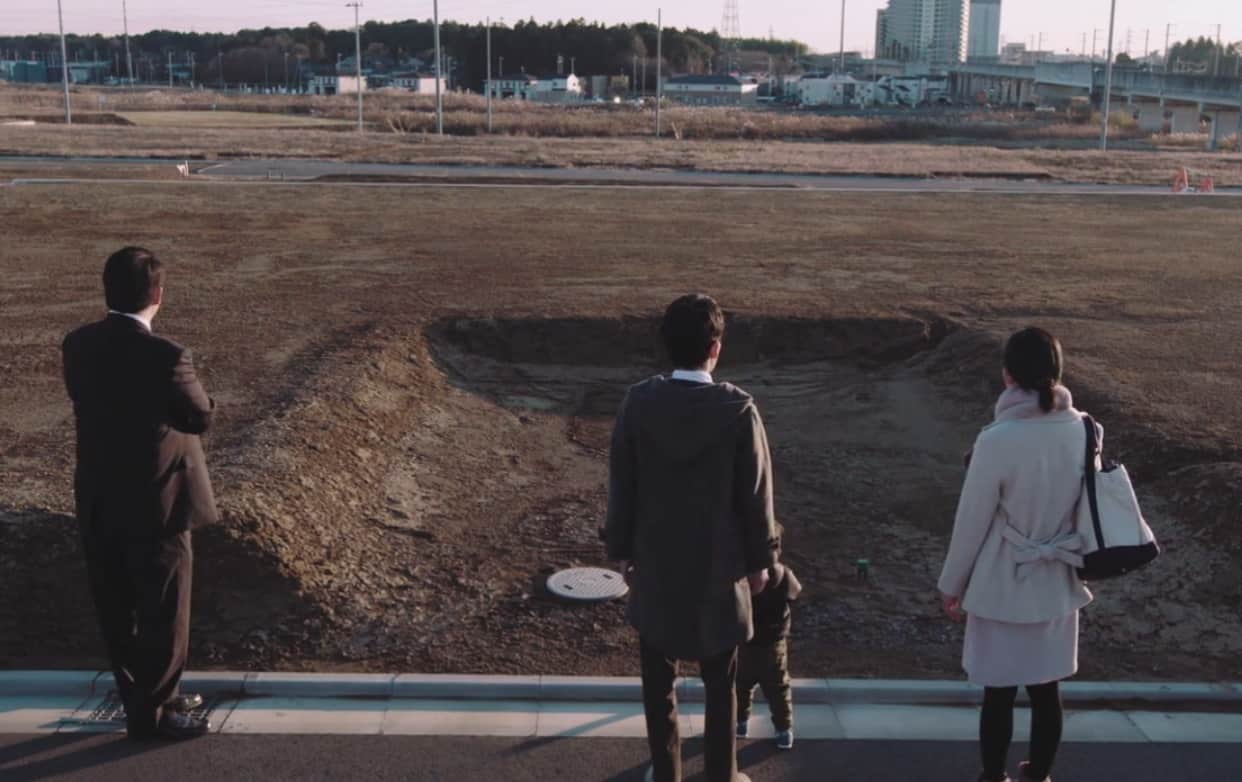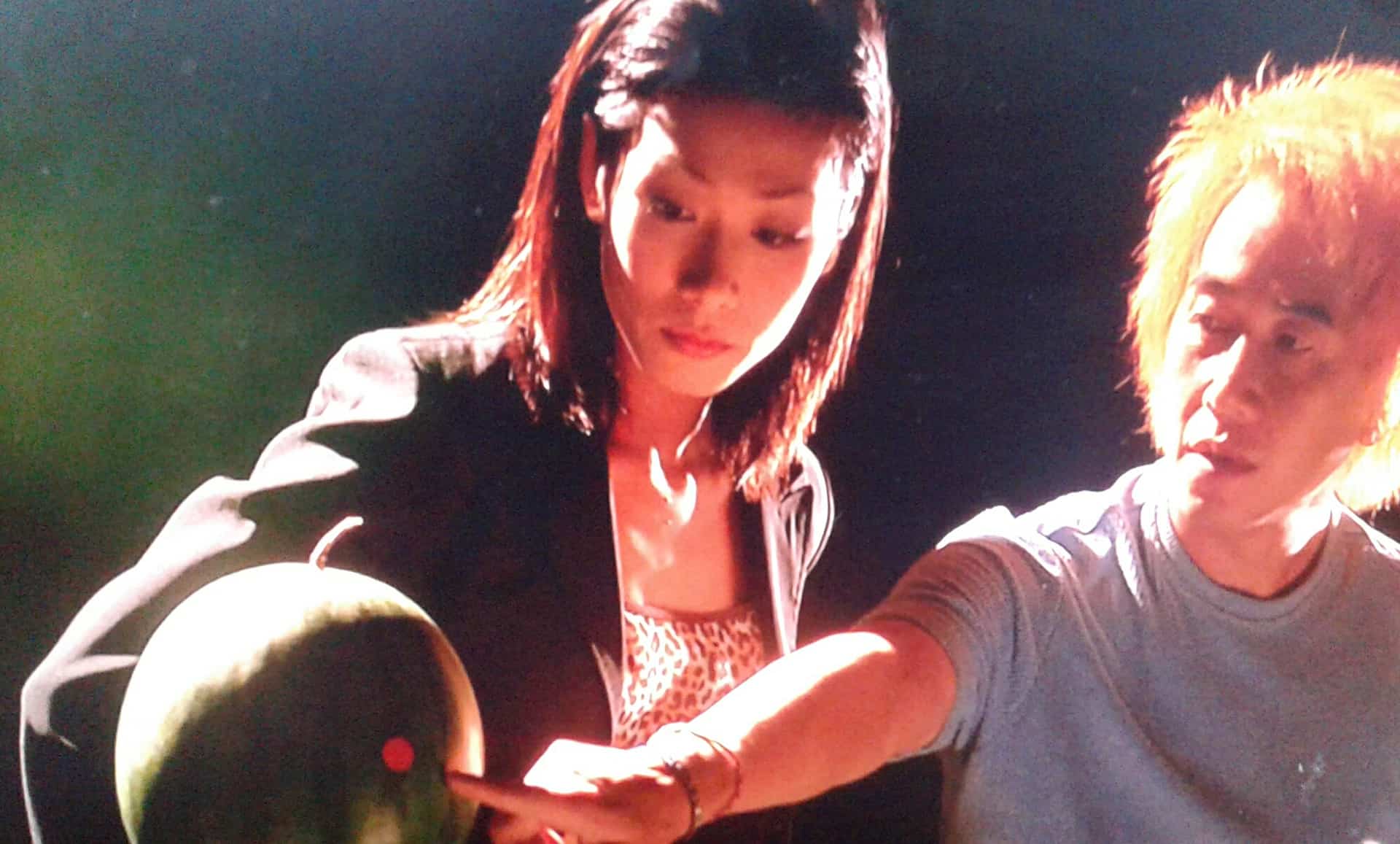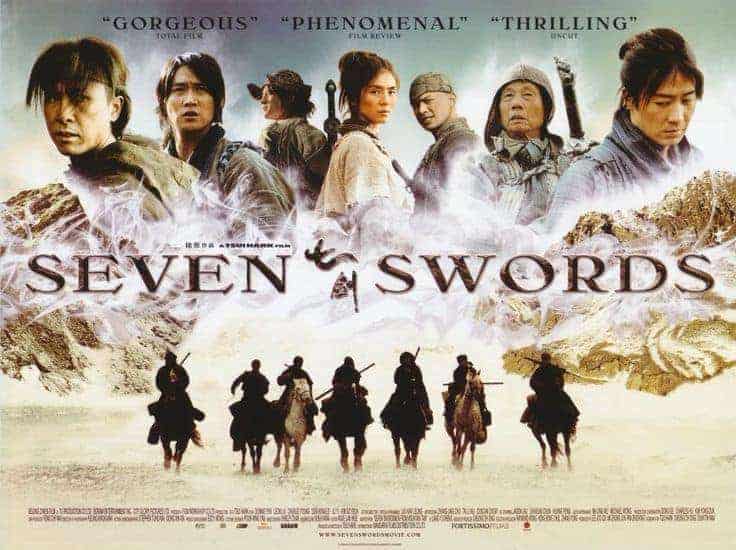Inspired by a mix of Nobel Literature Prize-winner Yasunari Kawabata's short novels, “The Master of Funerals” is a debut feature by Naofumi Higuchi, who turned the whole project into a homage to the late writer. The orphaned writer in fact, had moved from his birthplace Osaka to Ikibari to stay with his grandmother and attend the Prefectural Ibaraki Junior High School, the same school (now a Senior High School) featured in the movie. The title too refers to the sorrow nickname Kawabata gave to himself after burying his parents first, his sister not long after, and finally both his grandparents. However, despite the sadness connected with the title, Higuchi's work tries hard to retain the true spirit of Kawabata's elegies to beautiful things.
“The Master of Funerals” is screening at Toronto Japanese Film Festival

Single mum, factory worker and blogger Yukiko Watanabe (Atsuko Maeda) lives her simple and busy life in Ikebara, juggling between a concern for her young son Akio (Shota Abiru) and another for her never-enough income. In the meantime, one of her former school-friend Daisuke Tiyokawa (Kengo Kora) is training young boys to play baseball and – as always – is lauding his legendary ex teammate Yoshida, the promising baseball sensation who left and went to America just after school. Nothing could prepare him that morning to find in front of him, none other than the legendary Hajime Yoshida (Jin Shirasu). Unfortunately, the meeting lasts only few seconds as Hajime is suddenly killed in a accident in front of Daisuke's very eyes.
This shocking premise leads to an impromptu school reunion around the corpse and the group of ex schoolmates decides to bring the friend's coffin to their former high school and hold the wake there. Once at the school, they organise the ceremony with the help of the canteen attendants and a night of nostalgia, memories and regrets starts to unravel around the friend's lifeless body. Some hidden truths are revealed and lots of obscure parts of the pasts seem to find justifications and new meanings, until the body mysteriously disappears.
Far from a dramatic supernatural thriller, “The Master of Funerals” wants to be a joyous tale of reconciliation with the past. Despite the tragic opening with Hajime's sudden death and the whole plot being about a funeral wake, the narration is scattered with comedic and slightly surreal episodes. The cry over the corpse of an old yakuza boss mistaken for Hajime at the morgue, a merry march of the friends through the school carrying the coffin, the canteen workers organising the refreshments, the priest sleeping in the coffin; they all help the purpose of lightening the subject and concentrate on the bright side, like the true value of friendship, the necessity of sending off the loved ones to move on and – finally – to let go the melancholy and longing of the school days (a dear subject to Japanese culture). A final supernatural and dreamy episode featuring some benevolent ghosts serves as the cathartic peak of this path to reassessment of the past and transition to a new life.
The score does a decent job with mellow romantic strings and assertively highlights the changes of tone with abrupt switches, sometimes a bit too literal, like the ominous score spoon-feeding us where we are “supposed” to be scared.
Maeda‘s performance as the titular character is adequate; she is a well-known pop artist and ex member of idol girl group AKB48, here at her first role as a mother. She is, nevertheless, constricted into a scrip that doesn't do her any favour. In fact, Yukiko is possibly the less developed character of all the three main protagonists. Even the corpse has a better script! Her role is shallow and stays so until the end; not much is really explored of her past and her life-choices that we just guess must have been rather hard. At one point, her 7-year-old son accuses her of a series of things and sadly the boy sounds wiser than the mother who doesn't provide any reasoning for her behaviour, and neither does the following narration. It is indeed a weak part of the whole script; it leaves the viewer with yet another fluffy female representation and the feeling of missing a potential good story.
Nevertheless, “The Master of Funerals” is a work that oozes love for the whole project. The scriptwriter Hiroyuki Ono is an Alumnus of Ibaraki High and the production was made possible by a crowdfunding initiative, linked to the celebrations for the 70th anniversary of the City. Despite few flaws, its main merit is to keep the focus firmly set on a very positive note and in doing so it creates a charming and uplifting tale of (late) coming of age.


